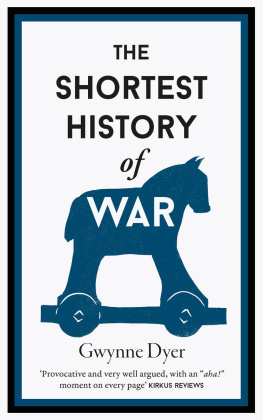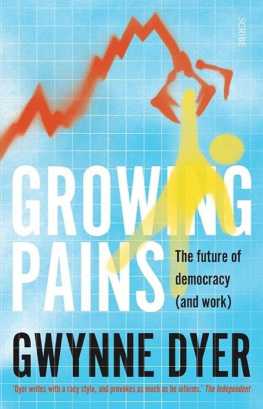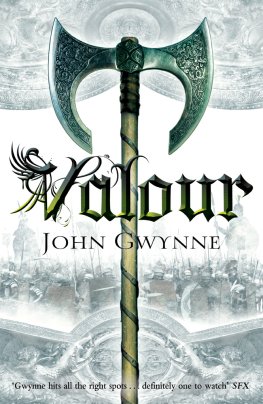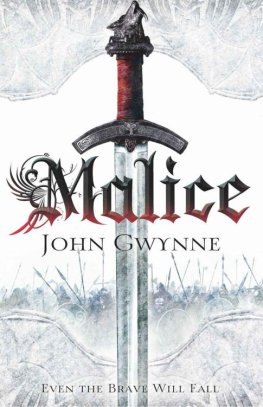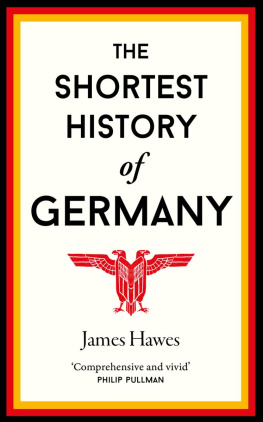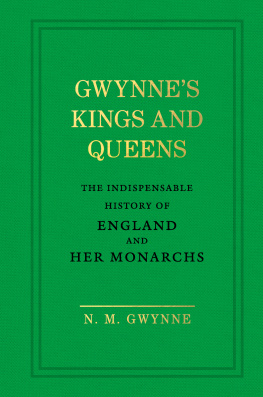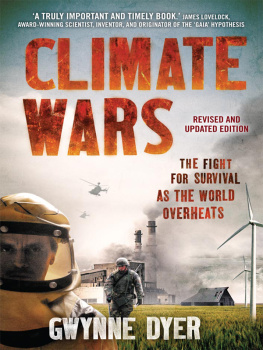Gwynne Dyer - The Shortest History of War
Here you can read online Gwynne Dyer - The Shortest History of War full text of the book (entire story) in english for free. Download pdf and epub, get meaning, cover and reviews about this ebook. year: 2021, publisher: Old Street Publishing, genre: History. Description of the work, (preface) as well as reviews are available. Best literature library LitArk.com created for fans of good reading and offers a wide selection of genres:
Romance novel
Science fiction
Adventure
Detective
Science
History
Home and family
Prose
Art
Politics
Computer
Non-fiction
Religion
Business
Children
Humor
Choose a favorite category and find really read worthwhile books. Enjoy immersion in the world of imagination, feel the emotions of the characters or learn something new for yourself, make an fascinating discovery.
- Book:The Shortest History of War
- Author:
- Publisher:Old Street Publishing
- Genre:
- Year:2021
- Rating:4 / 5
- Favourites:Add to favourites
- Your mark:
- 80
- 1
- 2
- 3
- 4
- 5
The Shortest History of War: summary, description and annotation
We offer to read an annotation, description, summary or preface (depends on what the author of the book "The Shortest History of War" wrote himself). If you haven't found the necessary information about the book — write in the comments, we will try to find it.
The Shortest History of War — read online for free the complete book (whole text) full work
Below is the text of the book, divided by pages. System saving the place of the last page read, allows you to conveniently read the book "The Shortest History of War" online for free, without having to search again every time where you left off. Put a bookmark, and you can go to the page where you finished reading at any time.
Font size:
Interval:
Bookmark:
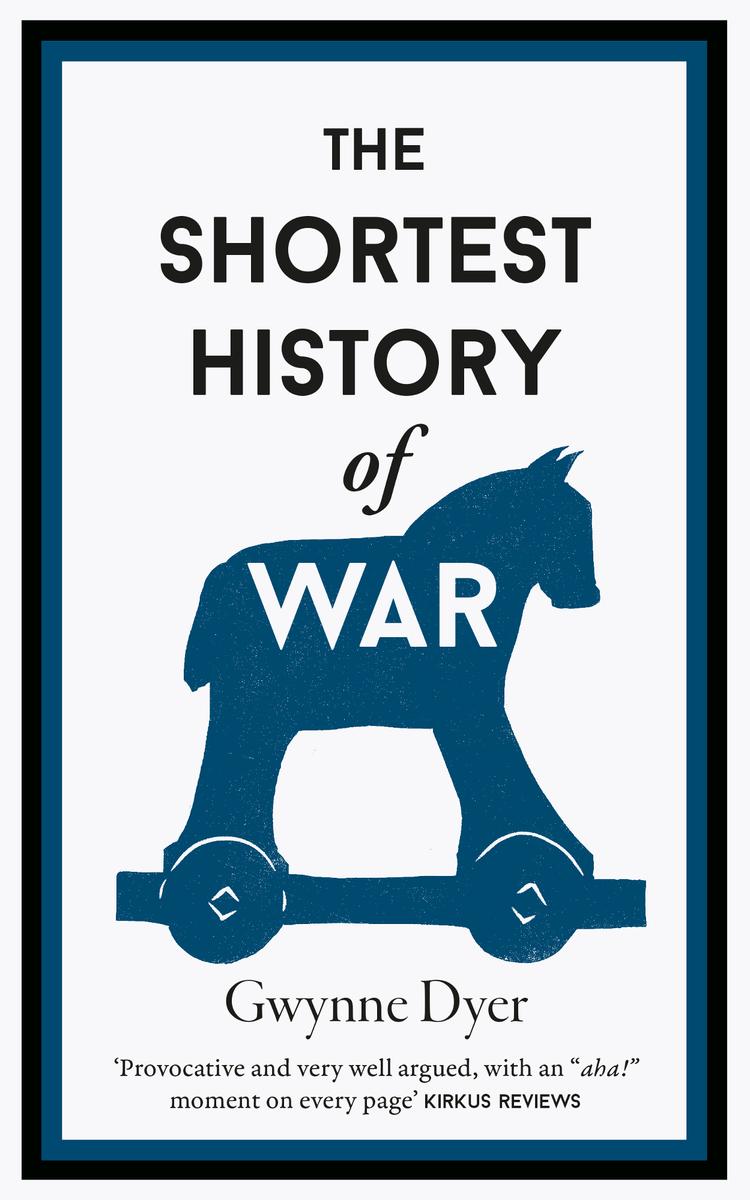
W ar
Entirely convincing at once a valuable historical treatise and a fervent and compelling call toward pacifism Publishers Weekly
Ranges over the terrain of history, sparkling with insight and digressions brilliant Seattle Times
Provocative, agile and very well argued, with an a-ha! moment on nearly every page Kirkus Reviews
C limate W ars
A truly important and timely book Dyer has made the best and most plausible set of guesses I have yet seen about the human consequences of climate change, of how drought and heat may ignite wars, even nuclear wars, around the globe James Lovelock
Frightening yet essential reading Library Journal
Dyer eloquently explores the grim detail of how governments will grapple with a challenge unprecedented since before there were governments As an insight into what the military strategists imagine is going to happen as a result of climate change, this book is truly terrifying New Scientist
A fter I raq
A calm and masterful analysis Scotsman
For Alice
An air force is a very expensive thing. Drones offer small countries very cheap access to tactical aviation and precision guided weapons, enabling them to destroy an opponents much costlier equipment such as tanks and air defense systems.
Michael Kofman, military analyst, CNA, on the 2020 Nagorno-Karabakh war
There is always another war to analyse, and Ive done some of that in my time. But this is not that sort of book. Its about how war as a whole works, and why we do it, and even how we might stop. In many countries popular opinion has finally turned against war as a way of doing business, but almost every nation still keeps an army, however remote the possibility that they will have to use it may seem to most of them.
We have made significant progress. No great power has fought another directly in three quarters of a century, the longest interval in the past several thousand years. They may sometimes wage proxy wars or attack smaller, weaker countries, but their weapons have become so destructive that they have repeatedly avoided open war with each other, despite some terrifying crises.
Moreover, the toll of war in lives lost and cities destroyed has fallen steeply since 1945, when more than a million people were being killed each month. By the 1970s it was down to a million a year, and it is now in the low hundreds of thousands fewer people than die in traffic accidents. Indeed, apart from the chronic conflict zones in southwestern Asia and Africa there are currently no wars of any size underway anywhere in the world.
There are also international organisations and laws, almost all new since the Second World War, that aim to reduce the threat of war and restrict its impact on civilians, and they have had some successes. The media constantly feed us new images of war because they know we cannot resist watching them, but they usually come from the same few places. This is probably the most peaceful time in world history.
Yet the weapons are still there, more lethal than ever before. The general staffs still make their plans, the armies still train their soldiers to kill (these days quite explicitly), and defence budgets have actually grown in most countries in the past ten years. Even in this time of unprecedented peace and prosperity, war continues to be seen as possible by both the soldiers and the diplomats. And harsher times are coming.
The bill is falling due on our two-century binge of eightfold population growth and mass industrialisation, and we will find it very hard to pay. The climate is already moving out of the stable state in which we have grown our civilisation over the past ten thousand years, and we will be lucky if we can stabilise it before it passes the +2oc threshold and goes runaway.
Even if we succeed in avoiding that calamity, the delayed action of greenhouse gas emissions already in the atmosphere but not yet producing their full effect on the climate, plus the effect of the other emissions that are bound to follow even if we now take the most radical steps to switch from fossil fuels to other sources of energy, will cause enough warming to do great damage to global food production, particularly in the tropics and sub-tropics.
That will almost certainly lead to refugee flows far larger than anything we have seen in the past, forcing governments in the destination countries to make agonising choices about whom to let in and whom to keep out and what means can legitimately be used to keep them out. Governments that cannot feed their people tend not to survive, so we may end up with large ungoverned spaces in some of the worst affected countries think ten to twenty Somalias. Countries that share major river systems may find it hard to avoid war when the total flow is way down and the upstream country is tempted to keep more of the remaining water for its own people.
These future probabilities, not often discussed in public, are already being taken into account in the strategic assessments that are made by senior planning staffs in the largest military powers. Its not that they are looking for trouble, but it is their professional responsibility to foresee and prepare for it. In their judgement, there is big trouble coming that cannot be, or at least probably will not be dealt with by non-military means. War, even major war, is not dead; it is only sleeping.
This is bad news, but it is also a good reason to re-examine the whole phenomenon of war. Until only a century ago up to midway through the First World War, say the general view was that war is a noble enterprise and a Good Thing (provided you win). The mass slaughter of citizen-soldiers in the trenches put an end to that, and ever since the attentive public has believed, correctly, that war is a Problem. They didnt even have to wait for nuclear weapons to come to that conclusion.
Most of us, though, are not very well informed about where war comes from or how it really works. This is in large part because we fear that too close an examination will undermine the reverence and gratitude we feel towards those who sacrificed their lives in our own countrys wars. Nevertheless, with due respect for the fallen (and they deserve better than such a weasel word), we should proceed.
This is not a military history in the usual sense, although I trained as a military historian and spent the first half of my adult life kicking around various parts of the military. It is a study of war as a custom and tradition, as a political and social institution, and as a Problem.
Tactics, strategy, doctrine and technology will figure prominently, as cutting people open would in a history of surgery, but they are not the prime focus. The human beings who must accept the extraordinary demands of this institution, leaders and ordinary soldiers alike, must be part of the story too. Mostly, though, its a book about why we do this thing, and how we might stop doing it now that we really need to.
Robyn Dixon, Drones owned the battlefield in Nagorno-Karabakh and showed future of warfare, Washington Post, 11 Nov 20
Human beings did not invent war. They inherited it. Our most distant ancestors practised it, as do some of our primate near-relatives down to this day. Yet for the past couple of centuries most people have believed that war grew with civilisation, and had not been a major problem for our hunter-gatherer predecessors.
Font size:
Interval:
Bookmark:
Similar books «The Shortest History of War»
Look at similar books to The Shortest History of War. We have selected literature similar in name and meaning in the hope of providing readers with more options to find new, interesting, not yet read works.
Discussion, reviews of the book The Shortest History of War and just readers' own opinions. Leave your comments, write what you think about the work, its meaning or the main characters. Specify what exactly you liked and what you didn't like, and why you think so.

